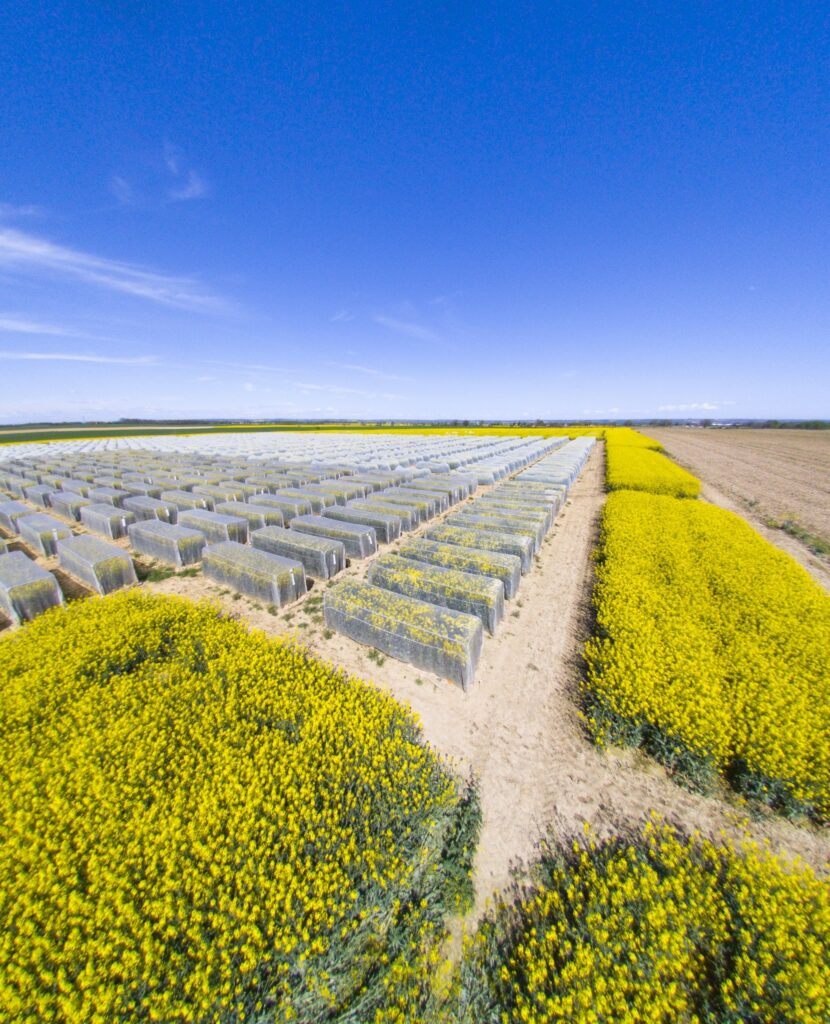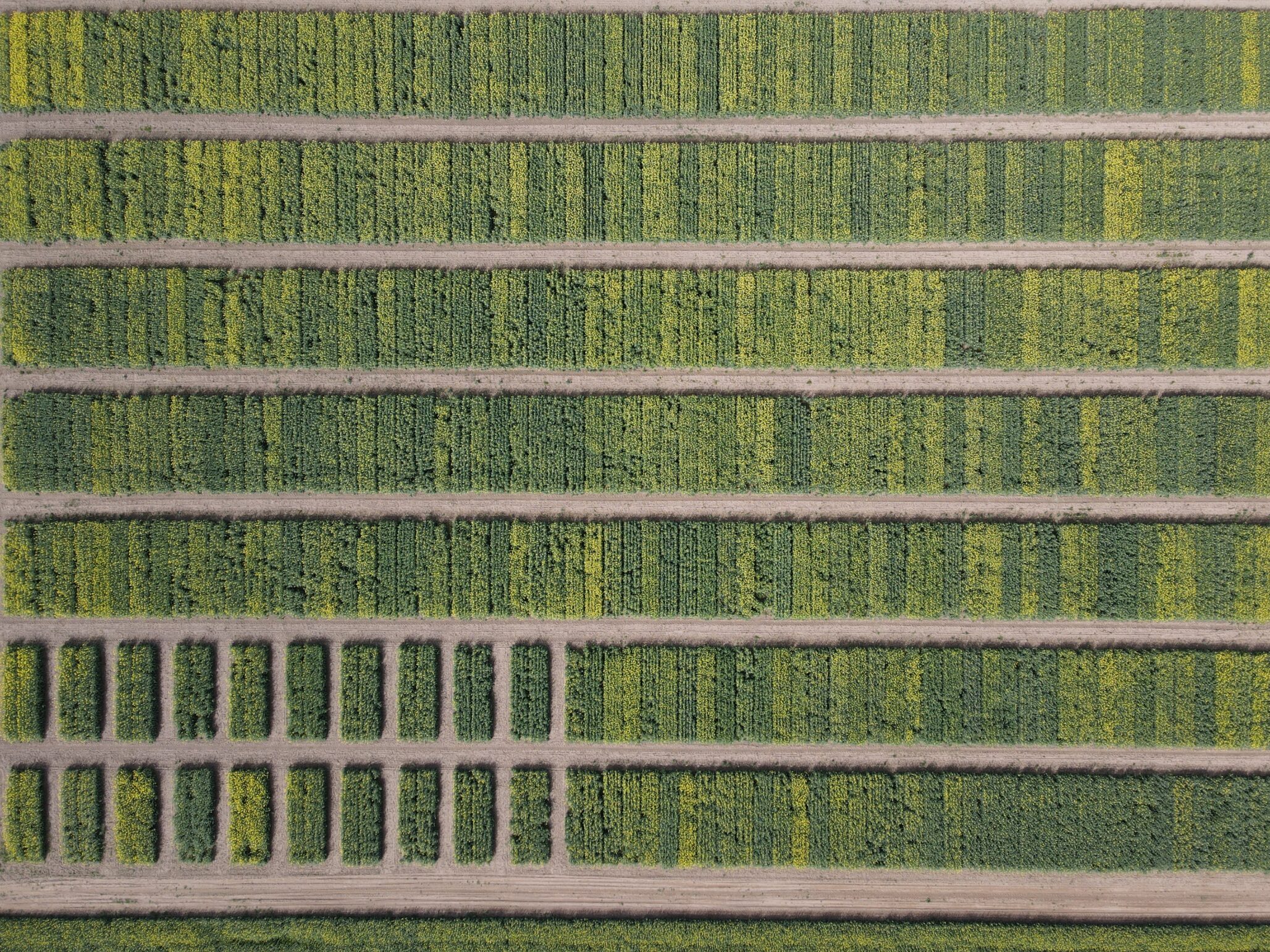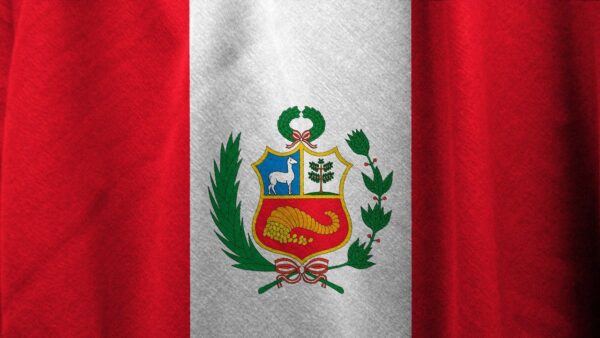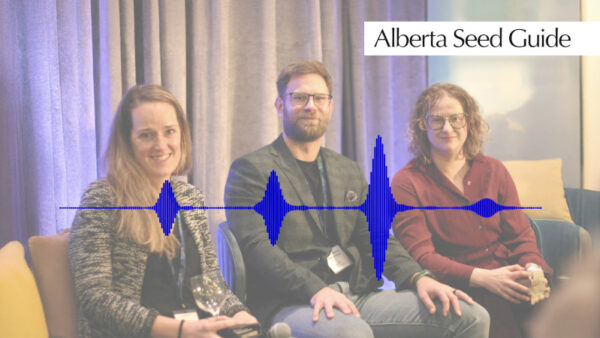In Part-1 of this column, I described that Euralis Seeds and Caussade Semences Group in mid-2020 partnered to form a new seed company called LIDEA and zoomed in on the reasons for our rapprochement. In this article, I would like to focus on the benefits of having partnerships. Collaborations can really help to build synergies. As you know, we are in the seed business, and we all understand the value of diversity expressed through the heterosis effect seen in our hybrids. Just as in genetics, by combining a diversity of thinking, know-how and technologies, you can achieve higher performance and faster than the independent parent.
If you look around in the seed sector, you will have noticed that numerous new technologies are more and more available to our business, such as artificial intelligence, new breeding techniques and big data. No one can be a full-blown expert in all of these technologies, so it makes sense to bring those other experts together and form partnerships. Such an approach brings added value to all the involved partners.
In the area of seed applied technologies Lidea understands the needs of the farmers, both by species and by geography. This domain is changing rapidly with new products, new technologies and new players, including start-up companies. Our company is ready to bring a lot of expertise to the table to establish stronger collaboration in this area.
Seed production and seed processing are other areas that require new tools and know-how, and I am proud that our new company, thanks to its legacy companies, has built up strong expertise over the past decades. Since we have such a network of seed producing farmers and processing plant across Europe, we have decided to expand and structure our seed production service, to new customers and partnerships in this domain.
In terms of the research field, part of our strategy is to build critical size in our core crops, such as corn, sunflower, wheat, rapeseed, soybean, sorghum etc. Where we miss certain pieces of expertise, we engage in partnerships, which could be done for upstream research (i.e., Innolea) or downstream breeding collaborations. Putting the resources of several players together, allows the partnership to speed up the development and access to markets. We have existing ones and are going to keep developing new ones in the near future. In addition, we are working to expand our geographical coverage, in order to serve a very wide variety of European farmers. In order to do that, we set up many field stations in a lot of European countries, including a new one this year in Russia.
But as many know, in any effort of collaboration, it is important to spend time on the ‘why’ and the ‘how’ to develop successful collective intelligence. In the early stages of the talks between Euralis Seeds and Caussade Semences Group we spent a lot of time focussing on the ‘why’. Once the ‘why’ was clear, it did help tremendously to discuss the ‘how’ with our colleagues, partners and customers. It does help now to overcome challenges that are part of experiencing collaboration.
Of course, building collaborations and collective intelligence also needs consensus as well as a clear decision-making process which boils down to how you govern your company and such collaborations. We spend time today in Lidea to build such a culture and organisation. Only then we can expect that the collaboration within our employees and with partners will flourish, to build successful products to better serve our customers in the future.









